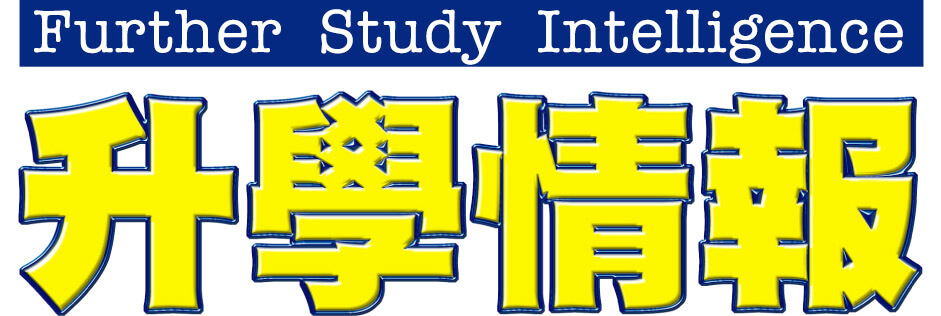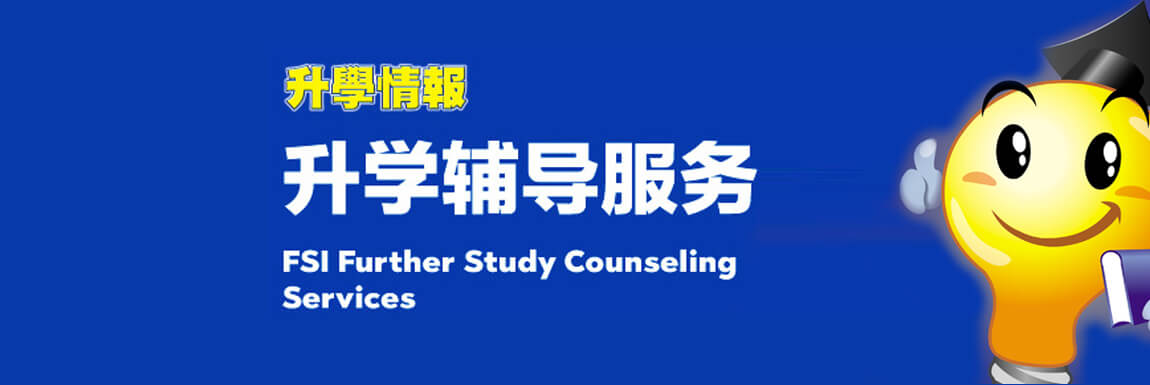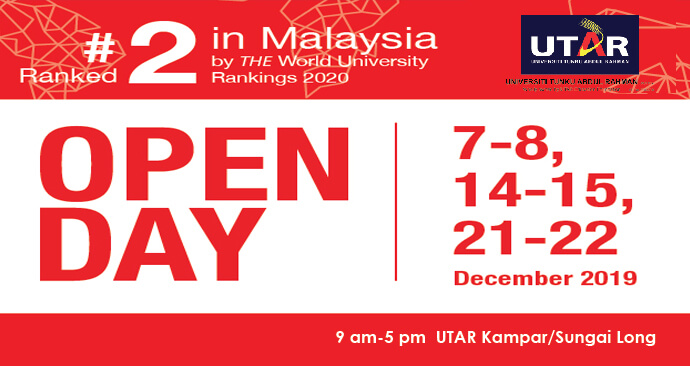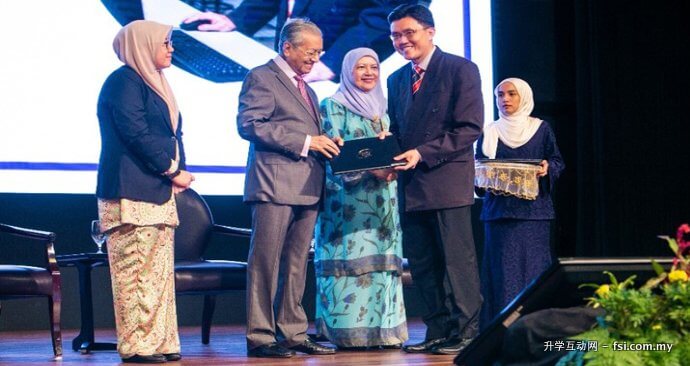In line with the aim to serve as a platform for UTAR Journalism students to practice media literacy and journalistic skills, a group of enthusiastic Journalism students of the Faculty of Arts and Social Science (FAS) launched the official news portal “J-On” on 03 August 2017 at the Kampar Campus.
Present at the J-On news portal launching ceremony were FAS Dean Dr Alia Azalea, the Head of Department of Journalism M. Edwin Michael, the Head of Department of Public Relations Pong Kok Shiong, the Head of Department of Languages and Linguistics Siti Ummaizah binti Meor Musa, the Head of Programme of Bachelor of Arts (Hons) English Language Raphael Thoo Yi Xian, FAS Journalism lecturers, J-On Editor in Chief Carmen Lee Kar Man, and the Organising Committee members.
In her speech, Lee said, “The J-On news portal is exclusively managed by the Journalism students from FAS and it is an important learning platform for them to gain a real taste of life as a working journalist. It is also a good opportunity for the Journalism students to practice and develop media literacy and ethics. In addition to that, the platform also serves as a news portal to disseminate news among the UTAR students and the local communities of Kampar.”
The Head of the Department of Journalism, Edwin enthused, “Department of Journalism which is parked under FAS always encourages its students to learn beyond the classroom. J-On experience is not only aimed to nurture our student’s technical skills but also to strengthen their soft emotional intelligence that contributes to the industry.” He added, “UTAR is striving to provide the students with a holistic education, focused on both academic and non-academic areas. In Department of Journalism, we aim to provide our students with a broad range of experiences and help them make the most of their years together in UTAR where they will interact with one another and provide them with full opportunities to develop the skills and values that they will need for life. Besides judging our students’ performance through examinations, we are also looking at other and broader measures of how well they do in education and how well they can contribute to the nation, society and industry.”
In conjunction with the launch, a total of two workshops was also featured, titled “Journalism and Future Trend of Media” by the Chief Reporter of Perak Sin Chew Daily Wong Chuan Yih and “Online Journalism and the Social Media” by the Editor of The Star Online Philip Golingai.

Wong explaining about the future trend of media.
Wong in his workshop enlightened the students and said, “The core of journalism will remain as it is even though press agency has to reform its management in line with the changes in social media trend. Due to the rapid advancement in social media, the traditional newspaper is facing a serious hardship since then. The subscription for printed news is declining year by year as readers rather access online daily news than reading a printed newspaper. However, there are some people tend to access printed newspaper again in the past few years as readers felt that the printed news are more trustworthy compared to those news on social media and other incredible online platforms. He added, “Printed and online newspapers are complementary to each other as online news could achieve consistency, immediacy and timeliness news value. On the other hand, the traditional newspaper could guarantee readers to have a more transparent and credible news story. Unlike online news, all printed news will go through a filter process before being published, so the consistency of news is higher than online news. Although the trend in using social media will continue to increase in the coming years, however, it doesn’t mean the printed newspaper will be expelled since both online and printed newspapers are complementary to each other.”

Philip interacting with students on how social media is changing journalism.
Philip in his workshop explained, “Journalists become better with practice; they learn more by practising journalism than sitting in a classroom. Journalists will shine brighter and will be able to learn more in the newsroom. As a journalist, I believe experiential learning plays an important role for students to obtain the journalistic skills. In regard to that, I would like to congratulate UTAR FAS and its Journalism students to launch a news portal as a platform for students to learn and experience the real taste of journalism and media reportage.” He added, “For almost two decades, the web has changed the world and transformed how information is published and consumed. The effect of the web has spread so wide that it impacts almost everything in the world including the media. Social media is about networking and communicating through text, video, pictures and status update on sites such as Facebook, MySpace, Twitter, Whatsapp, Snapchat and so forth. In today’s context, social media has become influential as a communication and news-breaking tool.”
He further explained the difference between old and new journalism and said, “I started to use Twitter in 2006 and from my personal perspective, Twitter is really a good platform for journalists to build network and establish credibility for themselves. Social media is also a valuable tool which can help you with your journalism career. It serves as sources of news, as platforms for promoting news, organisations’ brands and journalists’ reputations. By using it effectively, you can increase the impact of your work and positively influence your readers. Furthermore, you can use social media as a means of meeting and sharing ideas with your contacts in the respective field. Apart from that, the accessibility of a social media to find and disseminate information is another advantage that one can get. It enables reporters to share content quickly.
J-On is an independent online news portal established by a group of Journalism students of UTAR Kampar Campus in 2009. It was the brainchild of the first batch of the Journalism students in the Kampar Campus. The J-On news portal comprises the Campus News, Feature News, Community News, and Opinion. There is also a section for video clips.

The Organising Committee with UTAR staff and Philip (first row, far left).











